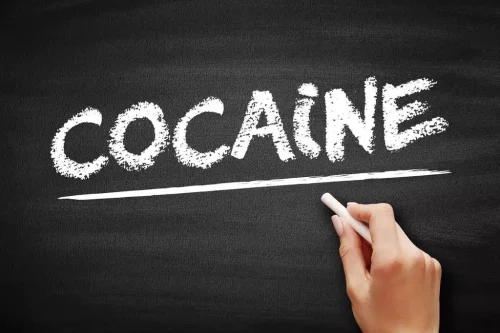29
2023Triggers: Understanding Internal and External

Managing triggers involves more than just understanding them; it involves taking proactive steps to develop healthy coping mechanisms for a sober lifestyle. Recognizing addiction triggers is non-negotiable for achieving successful outcomes in addiction recovery. This form of identification facilitates a deep understanding of one’s cravings and cognitive frameworks that could provoke a relapse. When we are triggered, our emotions can become intense, and we may react impulsively, often without considering the consequences. This can lead to conflicts, damaged relationships, and increased stress levels. Emotions are an integral part of human existence, and they play a crucial role in shaping our lives.
Developing Coping Mechanisms
- I tell my patients it’s OK to take a break because, unfortunately, the world will still be horrible tomorrow.
- When activated, the key is to catch ourselves and realize that we’re overreacting like Kathy tried to do.
- Creating physical and temporal space from the situation’s intensity can become vital when you feel triggered.
Though commonly used to refer to the experiences of people with post-traumatic stress disorder (PTSD), the term « trigger » can also be used in the context of other mental health illnesses. Emotions that act as internal triggers can be negative, positive, or neutral. Addressing psychological triggers and processing unpleasant feelings internal and external triggers examples can be challenging because our emotions are complex and multifaceted. We are often influenced by our past experiences, beliefs, and values, which can shape how we respond to triggers. Moreover, our emotional responses can be intense and overwhelming, making it difficult to navigate triggers and process unpleasant feelings.

What to Do After Identifying your Triggers in Addiction?
To try and avoid future harm, our brains connect the fight-or-flight response to trauma reminders — like a specific smell, sight, or sound. This causes a reaction similar to post-traumatic stress disorder (PTSD) symptoms. Understanding how triggers form and what they feel like can help you create a strategy for coping with them. Our emotions give us important information about what’s happening, internally and externally. When our emotions have a clear root, we feel more at ease with them — or at least, more justified in having them.
You can manage your emotional triggers

Following these strategies can reduce the risk of relapse due to emotional addiction triggers and maintain long-term sobriety. Emotional triggers are emotional states that can lead to relapse in recovery. These emotional states can range from anger, sadness, and loneliness to boredom or stress. Experiencing strong emotions such as https://ecosoberhouse.com/article/10-major-physical-signs-of-alcoholism-to-watch-out-for/ anger, sadness, or joy can also act as a reminder or increase the urge to use. In general, when a person is “triggered,” they’re being provoked by a stimulus that awakens or worsens the symptoms of a traumatic event or mental health condition. While self-help strategies are crucial, seeking professional help cannot be understated.
- As a recovering addict or alcoholic, identifying what some of your triggers are and preparing to deal with them can help maintain long-term sobriety.
- When a trigger activates, it sparks a complex dance between our emotional and thinking centers rooted deep in the brain’s evolution.
- Emotional reactions, whether intense emotions or strong emotional responses, are inherently subjective and varied.
- While self-help strategies and mindfulness can provide relief, there are times when professional help becomes essential.
Internal Triggers
Identifying Your Triggers


Delayed Grief: Recognizing and Coping with Postponed Mourning
- They can be a wide range of things, such as a social situation to something shown in a movie.
- For people with past substance use disorder, triggers can be any internal or external stimulus that intensely and often uncontrollably reminds them of using drugs or alcohol.
- Similarly, the other partner in the relationship will get frustrated or resentful for triggering the anxiously attached person with their boundaries.
- He explained that he would be working late for the next month and wouldn’t make it home in time to cook.
- However, to effectively manage triggers, it’s important to accept both the good and the bad and engage in self-reflection and self-awareness.

